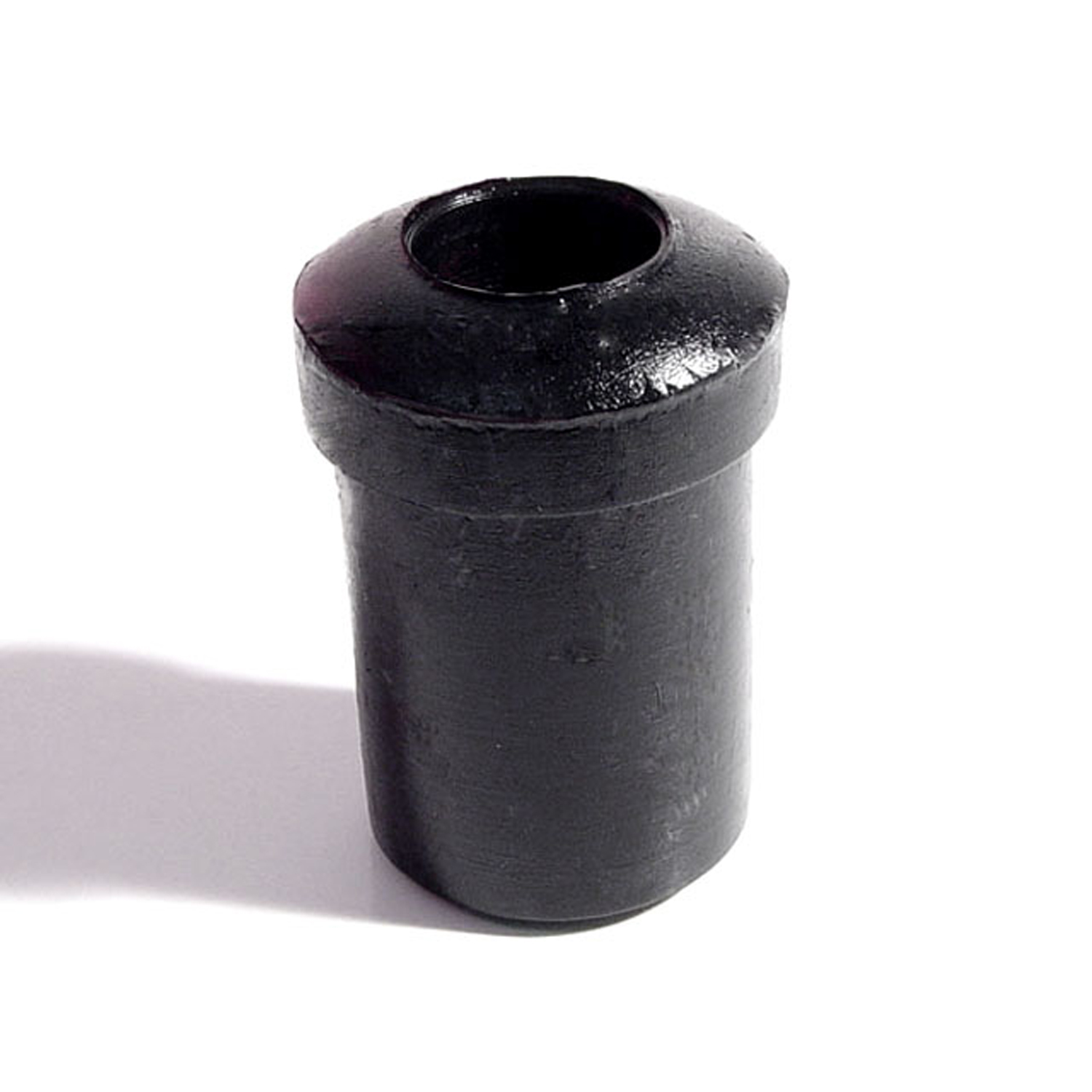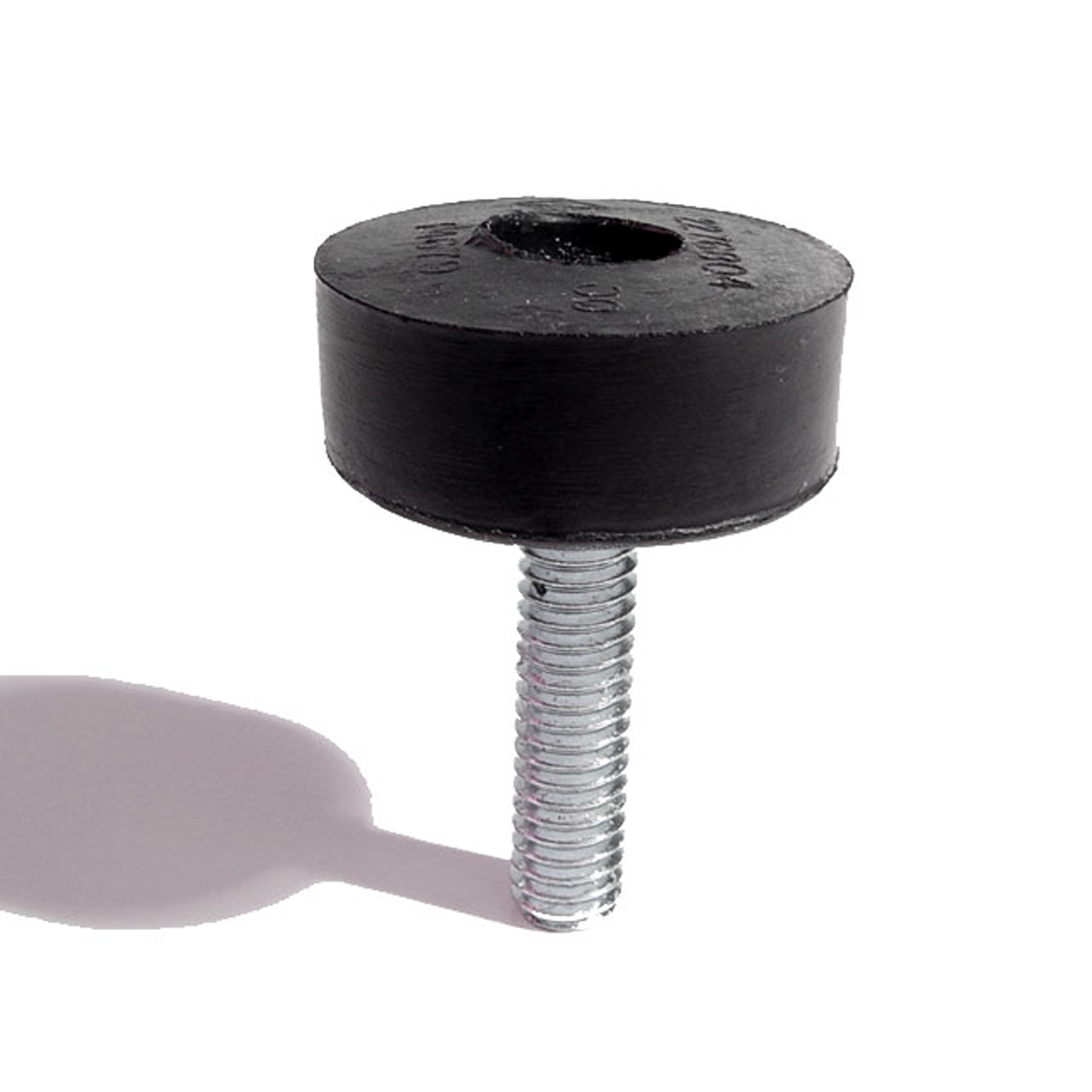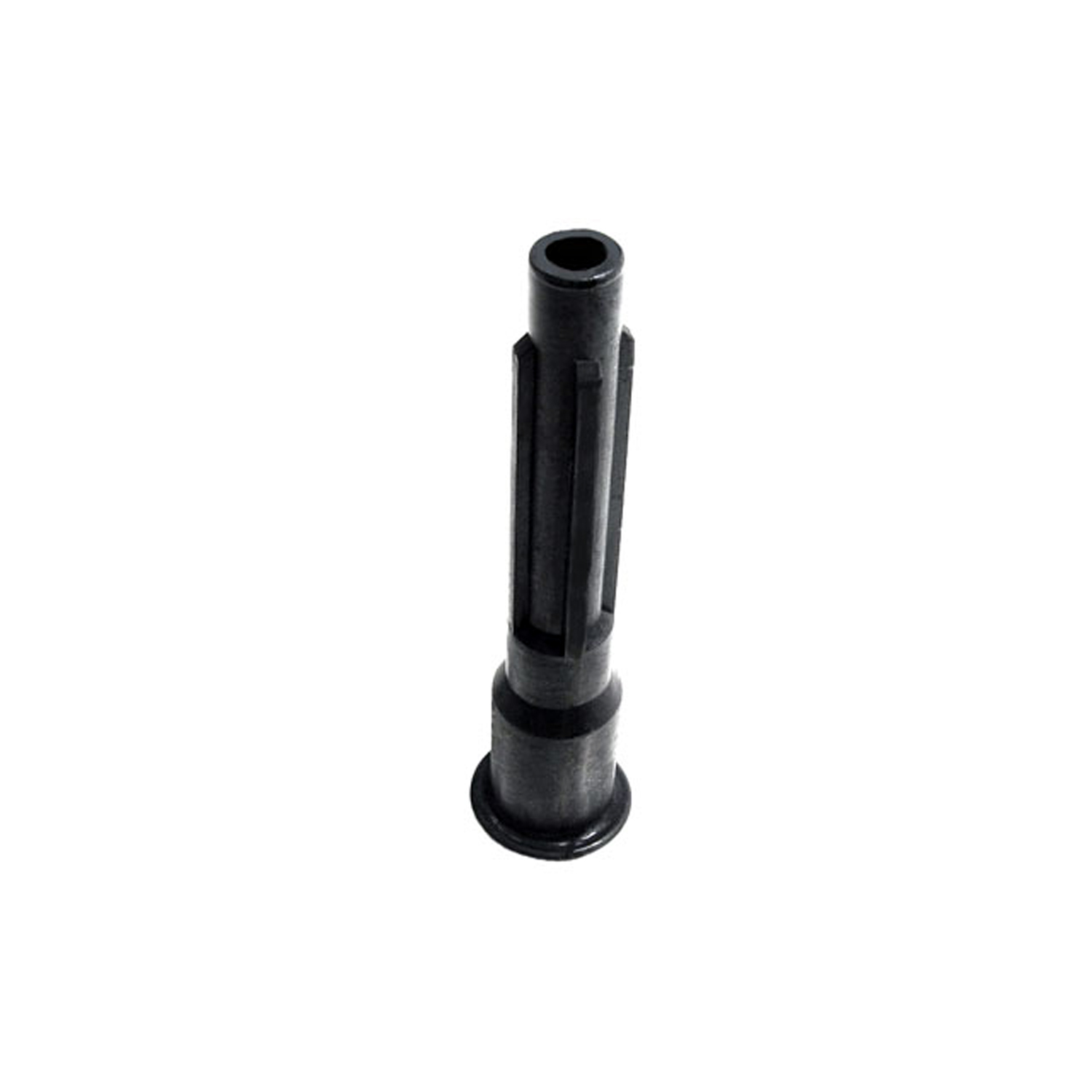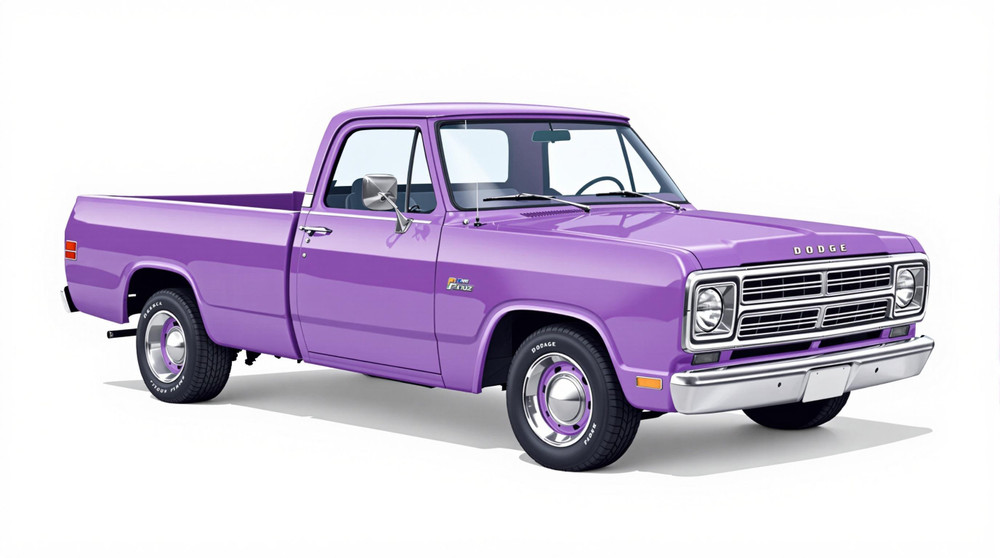Image of 1970 Dodge P200, Note: These illustrations use artistic license and may differ from actual historical models.
Performance Metrics
Fundamental Metrics
Emotional Appeal
MMP Rating
| Engine Specifications | |
|---|---|
| Engine: | Inline 6, V8 |
| Displacement: | 198-318 cu in |
| Horsepower: | 125-210 hp |
| Torque: | 185-310 lb-ft |
| Compression Ratio: | 8.5:1 - 9.2:1 |
| Ignition System: | Conventional |
| Cooling System: | Liquid-cooled |
| Performance Specifications | |
| 0-60 Time: | Not typically measured for this type of vehicle |
| 1/4 Mile Time: | Not typically measured for this type of vehicle |
| Top Speed: | 80-90 mph |
| Transmission and Drive | |
| Drive Type: | Rear-wheel drive |
| Transmission Type: | 3-speed manual, 3-speed automatic |
| Fuel and Efficiency | |
| Fuel System Type: | Carburetor |
| MPG: | 10-15 mpg |
| Dimensions and Brakes | |
| Brakes: | Drum brakes front and rear |
| Wheelbase: | 108 in |
| Weight: | 3,000-3,500 lbs |
Note: Specifications for classic cars are given to the best of our ability, considering the limited and variant data available.
The Unheralded Workhorse: The 1970 Dodge P200
Amidst the muscle car frenzy of the late 60s and early 70s, the 1970 Dodge P200 stood as a testament to practicality and utility. Born from the industrious spirit of Dodge, a subsidiary of Chrysler Corporation, this vehicle was engineered to serve businesses and tradesmen with reliability and efficiency. While it may not have the same cult following as some of its contemporaries, the P200 holds its own unique place in automotive history, particularly for its role in the evolution of delivery vehicles.
One notable moment in the P200's history is its use as a postal delivery vehicle, which underscores its dependability and suitability for rigorous daily tasks. This fact alone piques the interest of vehicle enthusiasts and historians alike.
Design and Innovation
The exterior of the 1970 Dodge P200 was straightforward and functional, with a boxy silhouette that maximized cargo space. Its design was more about utility than flair, featuring a robust grille and simple lines that echoed the no-nonsense approach of the era's work vehicles. Inside, the P200 was spartan, with durable materials meant to withstand the wear and tear of commercial use. The technological features were modest by today's standards but included what was necessary for a work vehicle at the time.
Color options for the P200 were typically subdued, with white being a popular choice for fleet vehicles to allow for company logos and lettering. The most iconic body style was undoubtedly the panel van, which offered ample space for goods and equipment.
Historical Significance
The Dodge P200's impact on automotive design may not be as glamorous as that of a muscle car, but it played a crucial role in shaping the future of service and delivery vehicles. Its design emphasized functionality over aesthetics, setting a precedent for future utility-focused models. The P200 was part of a fleet that helped businesses operate smoothly, proving that reliability could be just as important as horsepower.
Performance and Handling
In terms of performance, the 1970 Dodge P200 was not built to break any speed records. However, it provided adequate power for hauling goods, with a top speed and acceleration that met the needs of its intended commercial use. Handling was predictable and sturdy, designed to navigate urban streets rather than race tracks. Drivers could expect a utilitarian ride, with an engine sound that was more reassuring than exhilarating, and a driving experience focused on getting the job done.
Ownership Experience
The Dodge P200 was commonly used as a delivery vehicle or service van. It gained a reputation for being easy to maintain and repair, which was essential for businesses that couldn't afford downtime. While not typically seen as a show car or racing vehicle, its robust construction lent itself well to customization by enthusiasts.
Fun Facts
While not as famous as other Dodge models, the P200 has had its share of interesting trivia. For example, some were converted into campers or ice cream trucks, showcasing their versatility. Although not known for breaking speed records, they held their own record for reliability in service. Criticisms were few but often centered around its utilitarian aesthetics.
Collector's Information
Today, the value range for a 1970 Dodge P200 can vary greatly depending on condition and originality. It's estimated that thousands were produced, but exact numbers are hard to come by. As a collector's item, it's more of a niche market; however, well-preserved examples can fetch a decent price due to their rarity. The value trend seems to be slowly appreciating as vintage utility vehicles gain interest among collectors.
Conclusion
The 1970 Dodge P200 may not have been the star of any blockbuster movie or headlined prestigious car shows, but it carved out its own slice of automotive history through sheer practicality and dependability. Its legacy lives on in the fleets of delivery vehicles that continue to keep businesses running smoothly across the globe. For those who appreciate the unsung heroes of the automotive world, the P200 is a classic worth remembering.
1970 Dodge P200 Catalog of Parts
 1970 Dodge P200 Spring and Shackle Bushing. 1" bottom O.D-BN 20Spring and Shackle Bushing. 1" bottom O.D. X 1-5/8" high, with 9/16" I.D. Each
1970 Dodge P200 Spring and Shackle Bushing. 1" bottom O.D-BN 20Spring and Shackle Bushing. 1" bottom O.D. X 1-5/8" high, with 9/16" I.D. Each 1970 Dodge P200 Hood Adjustment Bolt and Bumper-HA 8Hood Adjustment Bolt and Bumper. 1-3/16" diameter rubber head. 5/16" thick X 18 threads/inch X 1-1/4" long bolt. Each
1970 Dodge P200 Hood Adjustment Bolt and Bumper-HA 8Hood Adjustment Bolt and Bumper. 1-3/16" diameter rubber head. 5/16" thick X 18 threads/inch X 1-1/4" long bolt. Each 1970 Dodge P200 Flexible Spark Plug Boot, used on Hemi's with power brakes-RP 1-MFlexible Spark Plug Boot, used on Hemi's with power brakes. 4" long, 5/16" upper i.d., 5/8" lower i.d. Each
1970 Dodge P200 Flexible Spark Plug Boot, used on Hemi's with power brakes-RP 1-MFlexible Spark Plug Boot, used on Hemi's with power brakes. 4" long, 5/16" upper i.d., 5/8" lower i.d. EachWhy Choose Metro?
For over 100 years, Metro Moulded Parts has been the pinnacle of quality in classic car restoration parts. Our commitment to precision and authenticity in every component ensures a perfect fit and an OEM-level appearance.
- Expert Craftsmanship & Quality: Each part is a testament to our dedication to reliability and perfection, crafted from original designs and thoroughly tested.
- Advanced Technology: We use cutting-edge techniques to create flawless, long-lasting parts that surpass others in performance.
- SuperSoft Sponge – The Ultimate Door Seal: Not only are our door seals 30% softer than competitors', but they're also guaranteed to never leak. They effectively reduce wind and road noise, enhancing your classic car's comfort and driving experience.
- Proudly American: Our parts are a product of American craftsmanship, made in the USA with a spirit of excellence and heritage.
- Unrivaled Warranty: We back our products with a 30-year industry-leading warranty, a testament to our confidence in their quality.
Join us in preserving the legacy of classic cars with parts that are crafted for perfection, not just made.

